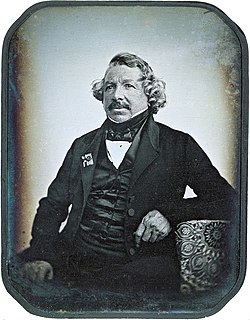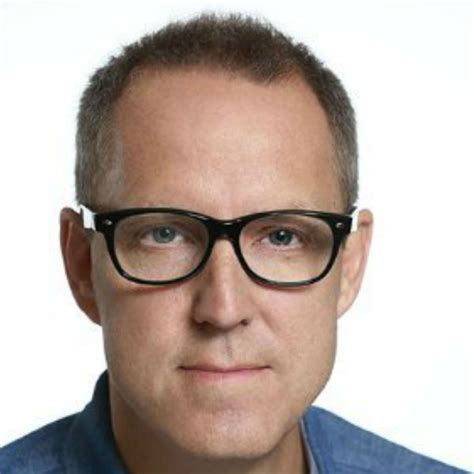A Quote by Humphry Davy
The beginning of civilisation is the discovery of some useful arts, by which men acquire property, comforts, or luxuries. The necessity or desire of preserving them leads to laws and social institutions. The discovery of peculiar arts gives superiority to particular nations ... to subjugate other nations, who learn their arts, and ultimately adopt their manners;- so that in reality the origin as well as the progress and improvement of civil society is founded in mechanical and chemical inventions.
Quote Topics
Acquire
Adopt
Arts
Beginning
Chemical
Civil
Civil Society
Civilisation
Desire
Discovery
Founded
Gives
Improvement
Institutions
Inventions
Laws
Leads
Learn
Luxuries
Manners
Mechanical
Men
Nations
Necessity
Origin
Other
Particular
Peculiar
Preserving
Progress
Property
Reality
Social
Social Institutions
Society
Some
Superiority
Them
Ultimately
Useful
Well
Which
Related Quotes
The arts and sciences, in general, during the three or four last centuries, have had a regular course of progressive improvement. The inventions in mechanic arts, the discoveries in natural philosophy, navigation and commerce, and the advancement of civilization and humanity, have occasioned changes in the condition of the world and the human character which would have astonished the most refined nations of antiquity. A continuation of similar exertions is everyday rendering Europe more and more like one community, or single family.
In less than a century after the barbarian nations settled in their new conquests, almost all the effects of the knowledge and civility, which the Romans had spread through Europe, disappeared. Not only the arts of elegance, which minister to luxury, and re supported by it, but many of the useful arts, without which life can scarcely be contemplated as comfortable, were neglected or lost.
Dancing and building are the two primary and essential arts. The art of dancing stands at the source of all the arts that expressthemselves first in the human person. The art of building, or architecture, is the beginning of all the arts that lie outside the person; and in the end they unite. Music, acting, poetry proceed in the one mighty stream; sculpture, painting, all the arts of design, in the other. There is no primary art outside these two arts, for their origin is far earlier than man himself; and dancing came first.
The arts are not a frill. The arts are a response to our individuality and our nature, and help to shape our identity. What is there that can transcend deep difference and stubborn divisions? The arts. They have a wonderful universality. Art has the potential to unify. It can speak in many languages without a translator. The arts do not discriminate. The arts lift us up.
In the world's history certain inventions and discoveries occurred, of peculiar value, on account of their great efficiency in facilitating all other inventions and discoveries. Of these were the art of writing and of printing - the discovery of America, and the introduction of Patent-laws. The date of the first ... is unknown; but it certainly was as much as fifteen hundred years before the Christian era; the second-printing-came in 1436, or nearly three thousand years after the first. The others followed more rapidly - the discovery of America in 1492, and the first patent laws in 1624.
It is a very great mistake, and a very common one, even for well-read persons, to adopt the idea that the progress of the human race in the science of government, in the arts of civilization and refinement, and in the establishment of morality and religion, has been constantly and steadily towards improvement and perfection.
It [The Gesundheit Institute] also won't separate the healing arts. All of them work together - traditional medicine and surgery with acupuncture, homeopathy, etc. We want to make the hospital a place a person can't wait to come to, whether they are working there or being there as a patient. Because we are interested in promoting wellness, we will integrate medicine with performing arts, arts and crafts, agriculture, recreation, nature, and social service. Those are some skeletal parts.
The designs of the paper euros, introduced in 2002, proclaim a utopian aspiration. Gone are the colorful bills of particular nations, featuring pictures of national heroes of statecraft, culture and the arts, pictures celebrating unique national narratives. With the euro, 16 nations have said goodbye to all that.
The rapidly evolving global economy demands a dynamic and creative workforce. The arts and its related businesses are responsible for billions of dollars in cultural exports for this country. It is imperative that we continue to support the arts and arts education both on the national and local levels. The strength of every democracy is measured by its commitment to the arts.




































